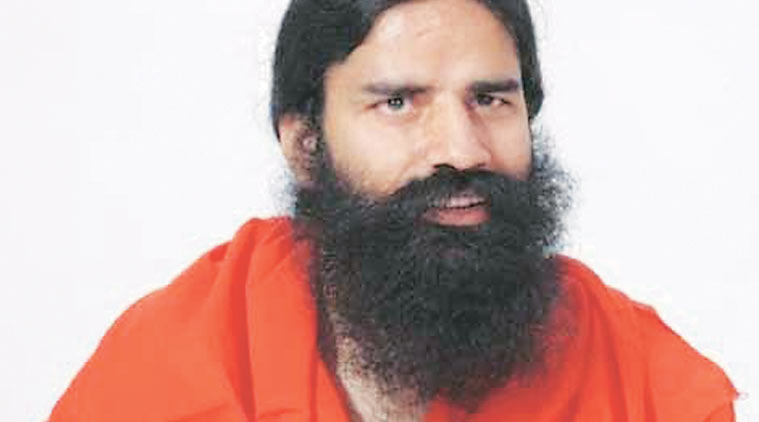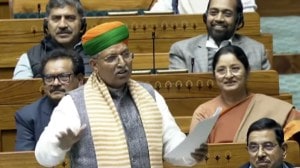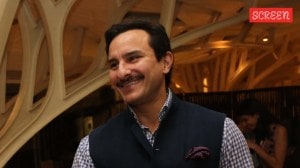The change of guard in the HRD Ministry has prompted yoga guru Ramdev to lobby again for government support to set up the country’s first Vedic Education Board (VEB).
Ramdev’s aide Balkrishna met HRD Minister Prakash Javadekar and school education secretary S C Khuntia Monday to revive the proposal to establish a national board that would allow affiliated schools to offer a blend of the traditional gurukul system and modern curriculum. Minister of State for Law and Justice, P P Choudhary, was also present at this meeting, sources said.

Just two months before the Cabinet reshuffle, Javadekar’s predecessor Smriti Irani had rejected the yoga guru’s proposition on the ground that the government’s sanction for a private board would open the doors for similar requests from other unrecognised school boards. No private board is currently recognised by the Centre.
Khuntia, too, had expressed reservations about the idea in two separate meetings chaired by Principal Secretary to PM Nripendra Misra and Prime Minister Narendra Modi in March and April, respectively. With Ramdev’s proposal on the back burner, Irani had then set the ball rolling for setting up a government school board for ‘ved vidya’ or vedic education on the lines of CBSE.
However, after her exit from the ministry, Balkrishna, on behalf of Ramdev, has once again sought the government’s support for VEB. Javadekar is learnt to have given him a patient hearing and also asked Khuntia to look into the feasibility of the proposal.
Javadekar told The Indian Express, “Mujhse sabhi log mile rehte hain (a lot of people come and meet me).” Asked if the VEB proposal was discussed during the meeting, he added, “Meri tabiyat bigdi hai. Dava chahiye thi, isiliye bulaya tha unhe (I am unwell. I wanted him to prescribe some medicines)”
Choudhary said Monday’s meeting was an “informal” one and that he just had tea with the HRD minister. “There was no discussion on vedic board,” he said. Asked why Khuntia was present at the meeting, he said, “Maybe he (Khuntia) was there, I don’t know.”
Story continues below this ad
Balkrishna, however, confirmed that the meeting was on VEB. “Javadekarji’s response was very positive. He gave us a patient hearing. We are confident that this board will be set up soon. The ministry seems to be working on the proposal.”
Khuntia, when contacted, told The Indian Express on Thursday that he was busy and would talk later. He did not respond to calls later.
Sources said Balkrishna, in the meeting, emphasised on the need to integrate yoga in the curriculum. He justified the establishment of VEB as several committees have mooted the idea of a national school board for Sanskrit and vedic studies. He further said VEB will help in arresting the “erosion of fundamental values”.
The Board, as proposed by Ramdev, will be established under the Societies Registration Act, 1860, following which government’s recognition will be sought. If and when this is achieved, VEB will seek membership of the Council of Boards of Secondary Education and recognition from Association of Indian Universities so that students studying in schools affiliated to VEB don’t face troubles in migrating to other Boards or seeking admission to colleges.
Story continues below this ad
The VEB, sources said, is expected to benefit educational institutions such as Acharyakulam, Vidya Bharati schools (run by the RSS) and gurukuls run by Arya Samaj, as it will allow them to sustain their model of education up to Class XII, which the CBSE currently does not permit.
For more news on education, click here

 The board, as proposed by Ramdev, will be established under the Societies Registration Act, 1860.
The board, as proposed by Ramdev, will be established under the Societies Registration Act, 1860.






























